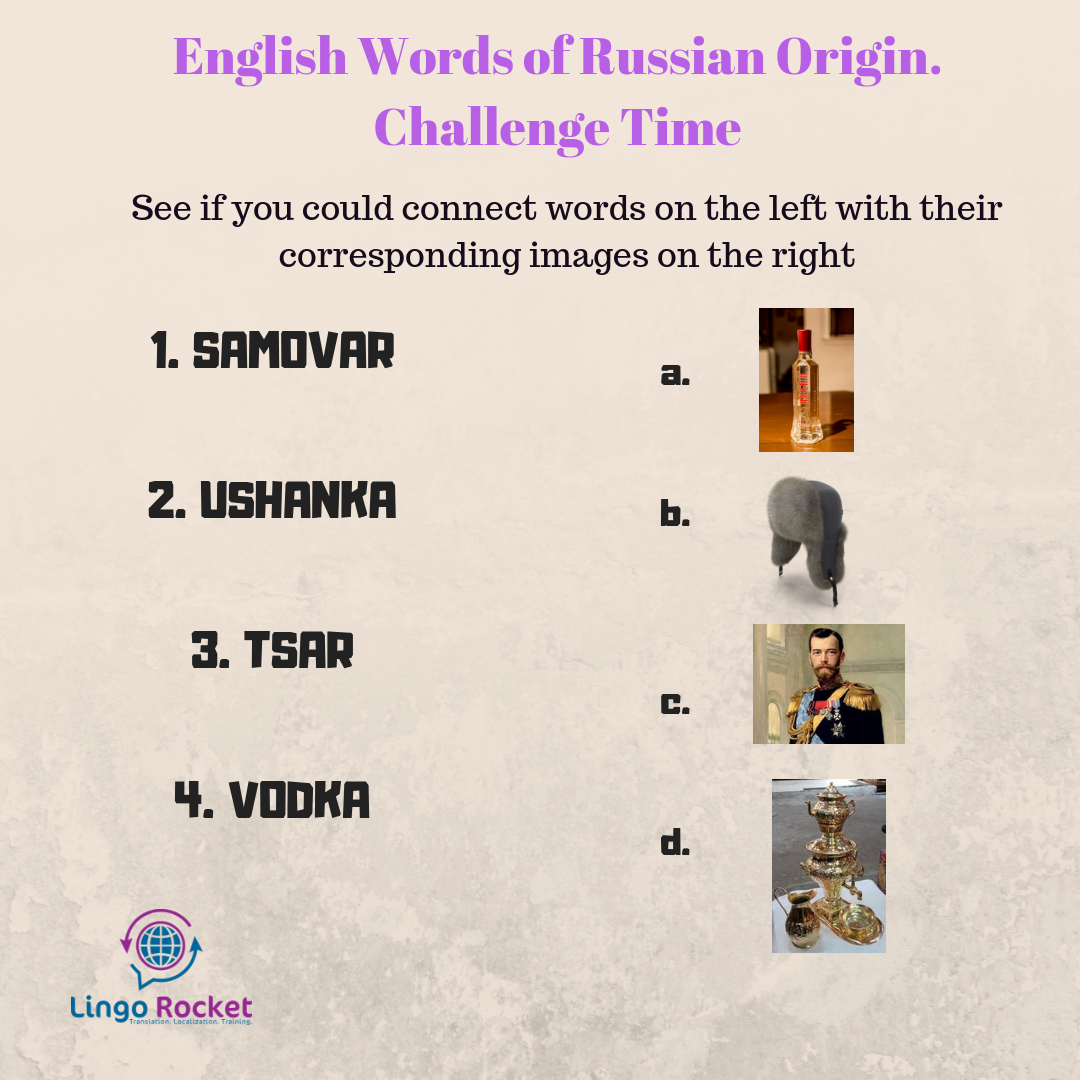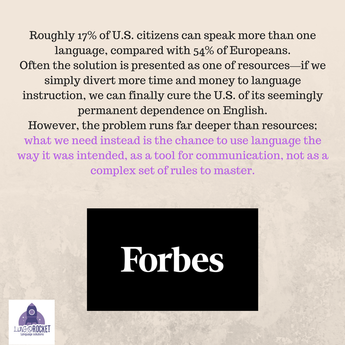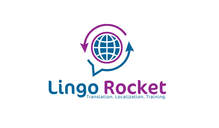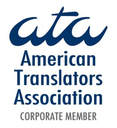LINGO ROCKET BLOG |
 Modern-day technology allows you to learn a new language without leaving the comfort of your own home. However, is learning a language enough to never experience problems when traveling across the globe? While learning a new language is a great start, it is not quite enough to communicate effectively across cultures. Understanding nuances of languages, cultures, and societal norms will make you a successful cross-cultural ambassador. One of the most surprising pitfalls of intercultural communication is the way we express our refusal. For example, refusing politely and waiting until the other person insists is a cultural norm in the Middle East, Thailand, and Japan. It is also a norm in those countries to sugarcoat the message before giving any feedback. At the same time, in Germany, for instance, people expect you to be very direct when giving any kind of criticism or feedback. To make things even more complicated, while a nod of the head in most cultures is an equivalent to saying “yes”, in Balkan countries such as Bulgaria and Albania a single nod of the head up (not down) actually indicates a ‘no’. Furthermore, in Bulgaria shaking your head sideways actually means ‘yes, I agree’. To summarize, here are some tips to avoid miscommunication across cultures:
0 Comments
 It is undeniable that communicating with business partners and clients in their native language will help you close more deals successfully. However, with over 6,000 languages around the globe, how do you choose the language to focus on? What language will be the best choice for your career? Companies always value bi-lingual employees. You will receive an estimated 2% return on your investment for learning a foreign language. At the same time, Spanish has a return rate of 1.4 percent while German offers as high of a return as 3.8 percent. However, that’s not just a bigger salary; knowing another country’s language means you have a better chance of succeeding in business as a whole. You show your partners and clients that you care. One of the best advice you can get when it comes to language learning is the importance of immersing yourself into the culture as well. Being able to see outside of your cultural limitations will help you to relate to people and make you a better business person. Here are five languages we think will yield success in your business: 1. German While Japan and China may have the highest gross domestic product, their languages do not top the list. A high GDP does not correlate to higher earnings necessarily. Think like a business person. Consider the open economies of the world and which powerhouses have the most open economies. Germany makes up one of the three economic European powerhouses. So learning German will benefit an outside more economically than the language of a closed economy. 2. French About 300 million people in 29 countries speak French. You can easily see why it ranks second among the languages you need to learn to succeed in business. Initially, you may think that only French people in France speak French. However, when you know French, you can work with French companies in France and the many other French-speaking countries. Canada, Switzerland, Belgium, and North and sub-Saharan Africa all boast of this language as one of their main languages. Furthermore, France has the fifth-biggest economy. You would do well to partner with a French company. At first glance, French may appear to be spoken by only those living in France. But it happens to be the second most widely learned language after English. Knowing how to speak French opens the doors to French companies in France, and other French-speaking countries such as Canada, Switzerland, Belgium, and North and sub-Saharan Africa. As the world’s fifth-biggest economy and number-three destination for foreign investment, France is a key economic partner. If you’re looking to earn your Master’s degree, learn French. Students who can speak French are eligible for scholarship opportunities at some of Europe’s most renowned universities. 3. Spanish One of the easiest languages to learn, Spanish has graced the American school curriculum for decades. Twenty countries have Spanish as their primary language. So knowing Spanish will expand your business opportunities. Over 400 million people speak Spanish worldwide. Furthermore, countries like Mexico, Chile, and Columbia heave healthy, growing economies. You will want to have the ability to do business with companies in these healthy economies. Courses like Lingvist’s Spanish course will help you master Spanish quickly and thoroughly. 4. Mandarin China has the world’s new dominant economy. Plus, it has over a billion people you can work with. Learning even the basics of Mandarin will help you conduct basic communication with Chinese business partners. Unfortunately, Mandarin is a complicated language to learn. Thus, if you plan on tackling this language, plan on spending some time mastering it. 5. Arabic The 2018 gross domestic product of the Arab world was over $2.7 trillion. The Middle East hosts an abundance of market opportunities. Thus Arabic speakers carry a big advantage over those who cannot speak this difficult language. Like Mandarin, Arabic takes time to learn. It has inflections much different from English which may be why so many English speakers do not tackle it. But from a business perspective, learning Arabic makes sense. Source: The Daily Campus
 Today like never before we see more and more language immersion schools opening throughout the US. This year more students than ever will receive instructions in more than one language. There has been a noticeable growth when it comes to the language schools enrollment, particularly schools that have instructions in Spanish, French, Russian, and Mandarin Chinese. This year more than 3,000 dual-language schools opened their doors to student, which is a significant increase from 2, 000 schools in 2018 and 260 schools in 2000. Advantages of language immersion schools:
Russian Language Challenge Time. Test your Russian knowledge by completing the task in the image below.
 France is one of the most visited countries around the world. Eiffel Tower, Champs-Elysées, Louvre, Panthéon, and Notre-Dame are some of the spectacular attractions the country has to offer. Paris, the capital of France, has been often called “the city of lights,” ‘the city of Romance,” and ‘the culinary capital of the world.” The city definitely stands to its standards: Parisian air is filled with affection, beautiful buildings sparkle in the limelight, and then there is French food… Paris is famous for its incredible cheeses, chocolates, pastries and gateaux; the center is known for its hearty peasant fare, pâté and clafoutis (a kirsch-laden dark cherry pie); Burgundy is home to coq au vin, Dijon mustard and escargots; coastal Brittany has abundant fresh seafood, such as moules marinières (mussels in white wine) and moules frites (mussels with French fries); and Bordeaux is synonymous with many of the most decadent of French foods – foie gras, truffles, duck confit, and fine wines and cognac. France is also one of the world’s largest economies. Today, France is home to more than 20,000 foreign companies running under many different legal forms. According to the World Bank and International Finance Corporation (IFC), France is ranked 27th in the world for starting a new business. Regardless if the purpose of your trip to France is strictly tourism or more business related, below are some useful facts to make your visit more enjoyable:
Finally, here are some essential French phrases we think travelers should know:
Whether you want a fast-paced city break or a relaxing country vacation, you will find plenty to do throughout France. So, pack your bags and bon voyage!
 Whether you are a fan of Russian literature, interested in Russia’s investment opportunities, or a traveler captivated with visiting a vibrant country that offers a chance to visit extreme Far East, colorful resort towns, Red Square, and taiga; you might want to embark on an adventure of learning Russian language. We’ve invested some time into researching best resources for learning Russian so you can jump right into learning this fascinating and rewarding language. Great resources for learning and teaching Russian as a foreign language. Here you can find tons of great activities for both kids and adults, amazing book recommendations, read about raising bilingual kids, and download Russian worksheets. You can even find useful exercises that you can do before and after reading “Tom Sawyer” in Russian. Mosfilm is the largest and oldest Russian film studio. Some of the movies on their website are with English subtitles and all of them are truly amazing. Enjoy immersing yourself into the world of Russian language and culture. Great website for strengthening your Russian vocabulary, learning Russian pronunciation, mastering Russian grammar, and exploring FREE interactive lessons. Another great resource for learning any language is listening to a podcast. BBC’s “Fifth Floor” lets you get your fix of current events while mastering your Russian proficiency. You can even download podcasts and listen to them at your own convenience. If you are looking for more great resources for learning Russian that in return can help you improve your employment opportunities, learn more about Russia’s science and technology, or get immersed into Russian culture, be sure to email us at [email protected] or give us a call at 804-997-9308. If you are looking for a new language to learn, Mandarin Chinese might be a perfect adventure to embark on. Mandarin is the most spoken and fastest growing language in the world, widely used in China, Taiwan, Hong Kong and Macau. It is also the third most commonly spoken language in the United States.
Give yourself a chance to be a front-runner in global markets and unlock new business opportunities with Mandarin Chinese. With Chinese economy on an astronomical rise, Mandarin has become an essential language in the business world. China has become the world’s largest trading nation in 2013 and the largest exporter of goods in 2009. The main exporting destinations are the United States and the European Union. By 2030 China is expected to become the world’s largest economy. Chinese corporate sector has established its global importance in technology, engineering, consumer goods, and pharmaceuticals areas. Another reason to learn Chinese is exploring incredible diverse Chinese culture and the most ancient literature in the world. Understanding the basics of Mandarin Chinese will serve as an open door to comprehending Chinese social norms, customs and mentality. Learn a Language, Strengthen your Business. The success of learning a foreign language is worth it.9/12/2017 The Measure of Business
Learning a new language takes dedication and perseverance, both fundamental skills in business. What would happen if you gave up when the going got tough? Dedicate your time to this new endeavor. Imagine your future success, but don’t expect it now. Learning a new language changes the corporate playing field. Conversations are equal parts talking and listening. Imagine your rate of success when you begin understanding tone, inflection, traditions, and nuances of cultures other than your own. Earning their trust. Using or not using simple gestures and formalities can make or break a deal. Learning a new language gives you a glimpse into appropriate and professional behavior. If you don’t start early, it doesn’t mean you shouldn’t start at all. Children exposed to new languages will often pick them up rather quickly, but even if you’re a monolinguist now, it doesn’t mean you have to continue as such. Expanding your network. Learning new languages introduces you to new people. When you meet new people, you know more people. Working to expand your network increases the probability of business opportunities and possible collaborations. Improve brain function. Learning new skills—including a new language—improves brain function. As your memory becomes stronger and decision making becomes easier, imagine how this may also help you remembering names, dates, facts, figures and faces. No more handshaking and wishing you remembered that person’s name! |
|
|



 RSS Feed
RSS Feed

